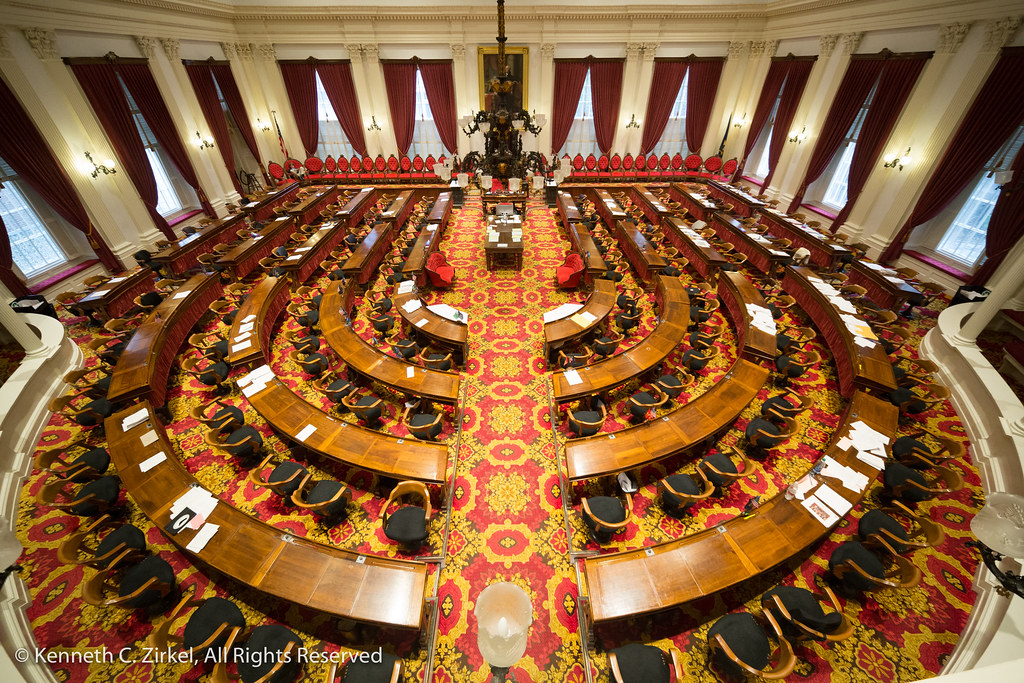Story provided by Vermont Businesses for Social Responsibility (VBSR).
Transforming Vermont’s transportation system is essential to reaching our state’s emissions reductions requirements codified by the Global Warming Solutions Act and creating a more vibrant, equitable, and thriving Vermont economy.
- Vermonters spent roughly $1 billion on transportation fuels in 2019 alone and of that, 77% left the state’s economy. On the other hand, electricity kept .62 cents per dollar in Vermont’s economy.
- Transportation fuel costs also disproportionately fall on the shoulders of rural Vermonters. Meanwhile, driving an electric vehicle instead of a gasoline powered one can save rural Vermonters up to $1,500 per year on operational and maintenance costs alone.
- Studies have shown that there is a strong positive correlation between car ownership, educational attainment, and economic mobility. Yet, fossil fueled transportation has resulted in disproportionately higher transit costs for rural and low-income Vermonters—creating major barriers for those looking to get an education or enter the workforce.
State and federal dollars can and must be used to protect jobs and promote economic mobility for the roughly 7% of Vermonters who do not have access to a car. Without alternative transportation options, Vermont households—especially those who are older, disabled, and/or low-income— experience reduced employment and education opportunities and have a much more difficult time getting to grocery stores, social events, and medical appointments.
As leaders in the Vermont business community, we recognize that embracing clean transportation options like electric vehicles (EVs) can benefit both our employees and our bottom lines. However, we also see the high costs associated with the installation of EV infrastructure as a major barrier for our members and the widespread adoption of electric vehicles. That’s why VBSR is urging leaders on the House Transportation Committee to advance an EVSE Charging Grant Program as part of this year’s transportation bill.
This program would provide Vermont businesses with grants of up to $5,000 per port for level two chargers for between two and 10 ports, with a max grant amount of up to 75% of the total project cost, and a grant amount of up to $40,000 for up to five level three chargers, with a maximum grant amount of up to 50% of the total project cost. The cost to purchase and install a level two charger varies quite a bit based on proximity to power supplies, trenching needs, and other complicating factors, so the totals can range between $2,600-$21,000.
Whether it is a large or small employer, installing EV charging stations can be immensely beneficial for businesses, local economies, and our environment:
- With more and more people purchasing EVs, charging stations boost brand image and reputation, increasing customer loyalty and bringing in new clientele. In fact, EV owners spend twice as much time at retailers than average customers and 43% are likely to return to retail areas with charging infrastructure. They also help to attract and retain employees who, like consumers, are increasingly concerned by environmental issues and drawn to the cost savings EVs offer.
- Charging stations can help to encourage environmentally friendly practices among employees and customers who are yet to “go green.” The US Department of Energy found that workers were 20 times more likely to buy an electric vehicle if their employers offered free charging at work. Knowing there are charging stations at the workplace reduces range anxiety and makes EVs more feasible for employees with limited or inconvenient residential charging options.
- According to the Vermont Energy Action Network (EAN), Vermont should have 90,000 EVs on the road by 2025 and 194,000 EVs on the road by 2030 in order to reduce climate pollution at a rate consistent with the Paris Climate Accord. That means we’ll need roughly 3,600 workplace plugs to support our 2025 targets and roughly 7,700 workplace plugs to support our 2030 targets.



